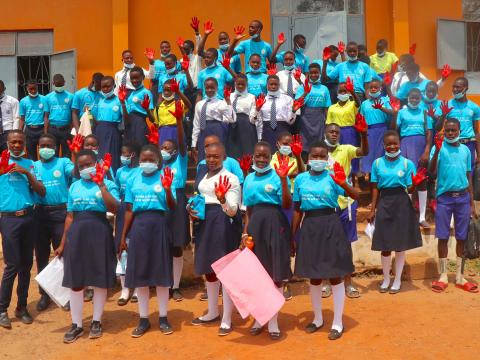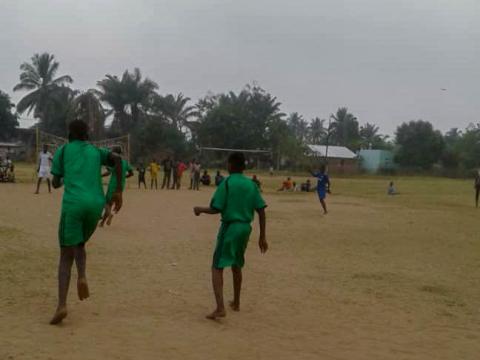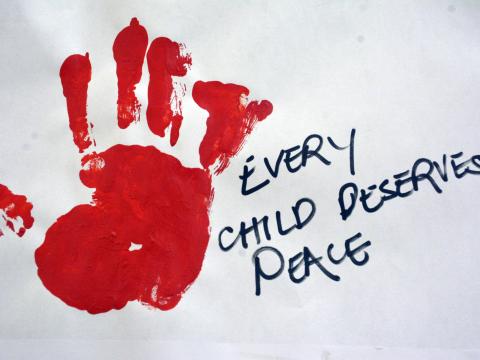
Enough is Enough: Let us put an end to the use of child soldiers
12 February is Red Hand Day. In this view piece, Betty Adong, World Vision South Sudan Protection and Advocacy Manager, shares heartbreaking stories of children used by armed forces and groups. and explains why the world needs to act now in putting an end to this violence against children.
If I could have one wish, I would ask God to take me back to the childhood I missed.
~ 15-year-old former child soldier
In one of my regular visits to World Vision’s child friendly spaces, I met a 15-year-old boy who used to be a child soldier. The boy who, despite being massively exposed to violence, still believed he can grow up as a man capable of providing security to his family. Yet, this boy was struggling to move on from a horrible act of violence he witnessed that has been tormenting him. He witnessed a young girl being sexually assaulted by older armed men. It was the worst form of violence he had seen, he said.
“I am a boy. I know that we are born with the heart of tolerance that is why I can talk to you now. I saw one girl being raped and we (child soldiers) were told to do the same. I refused (to do the act) so one of the men hit me with a gun,” he said. A scar on his forehead has been a constant reminder of that painful memory.
That incident bothered the boy so much that he started to question himself whether he’d be able to grow up as a responsible man and raise a family. His story left me shaken. In my mind, I kept seeing images of him – a boy who is trying to be a man, holding his emotions, and portraying himself to be unaffected, yet scarred for life. A child robbed of innocence and forced to grow up.
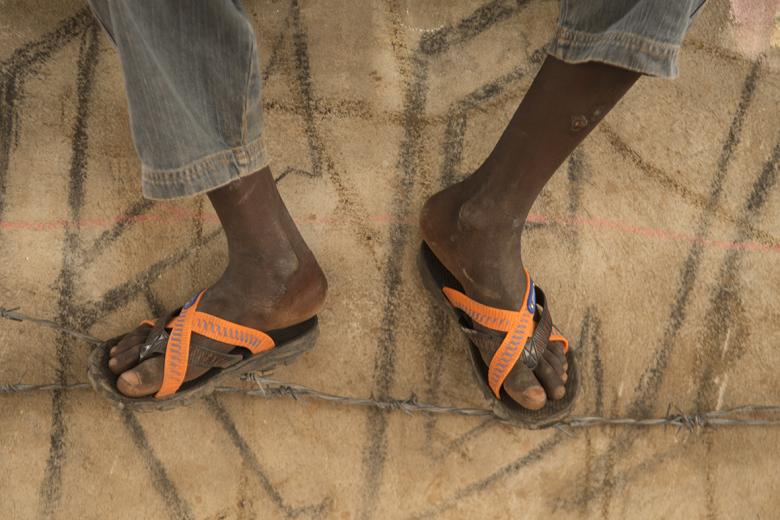
I also met a 16-year-old mother who got abducted at the age of 12. She became the wife of one of the leaders of the armed group so she can be protected. She was 15 when she gave birth to her child. Shortly after giving birth, she found an opportunity to escape. She was able to reach home but none of her family was there to welcome her. She later learned that her father was abducted, and her mother moved to another village.
“I felt my spirit left me. I could not talk, and I was thinking how I will be able to raise my child without the support of my parents,” the girl recounted. Yet this young mother showed confidence that she can overcome what she has gone through. She found support from her community. Girls, and young mothers, like her need all the support that can get – including psychological and material support.
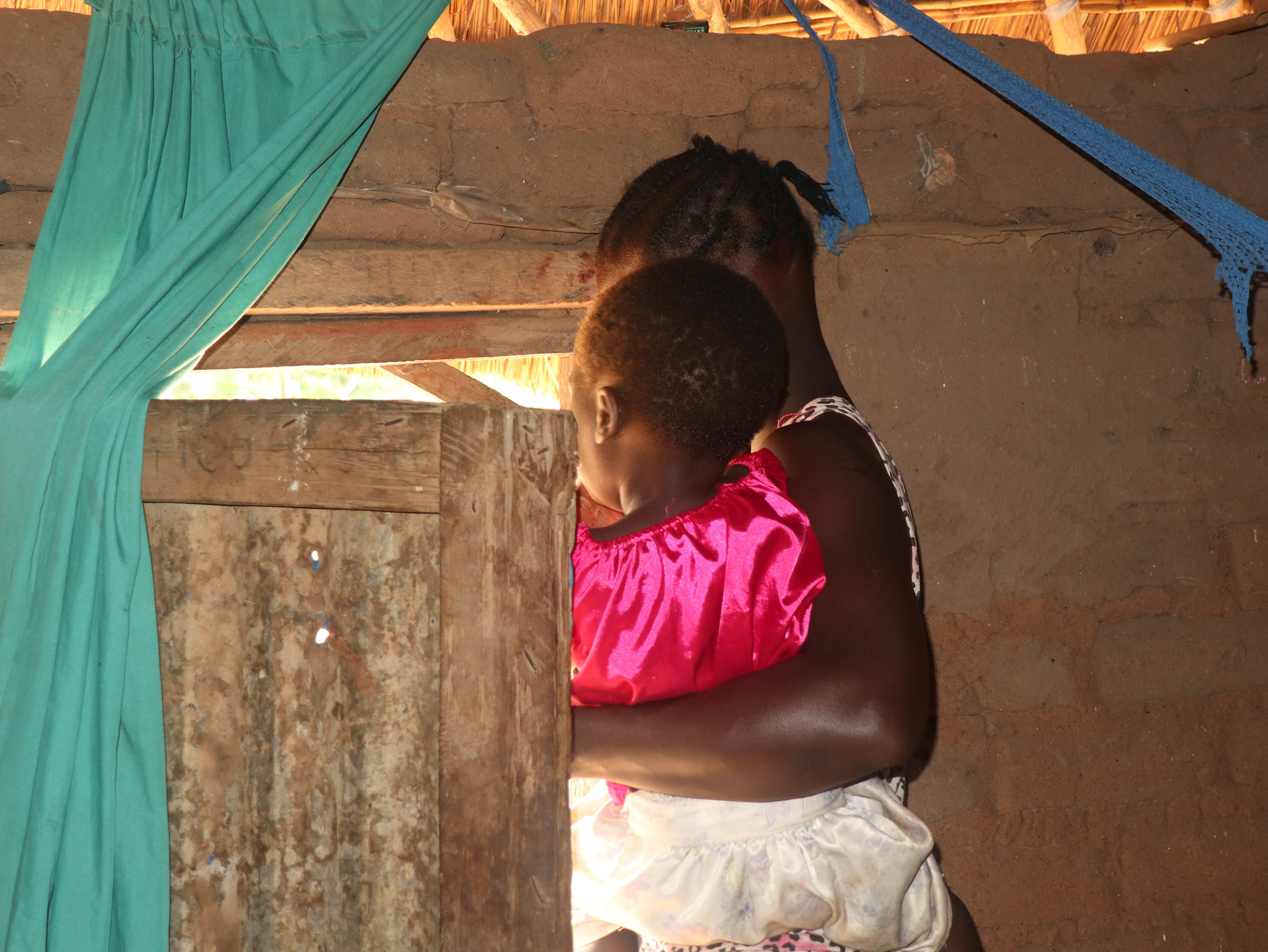
Whenever I meet children, I always ask what kind of games they like to play most and what their favorite toys are. In the camps and child friendly spaces, it was heartbreaking for me to hear that many of the children – mostly boys and some girls – tell me that they like guns. They’d show me improvised guns made of clay, wood, plastic, and corrugated boards. Perhaps because they’ve been exposed to seeing guns, and perhaps guns are a symbol of authority, power, and protection. It would have been a joy to see these children live carefree in a safe environment, basking in the bright moonlight and twinkling stars, singing songs of hope, and dreaming of becoming doctors, engineers, and influencers within their community, and for young girls and women to be able to walk a distance without fear of being abducted and raped. Yes, these are my dreamy thoughts for these children, but I still believe these are possible if only we can protect children and put an end to the recruitment and use of children in armed conflict.
According to the UN, there are still 19,000 children in armed forces in South Sudan, a number contested by the army. This number account for those children in armed conflict that were reported and documented but there are still those that are not accounted for. In a report published by World Vision last year that investigated the roles boys and girls associated with armed forms and groups play in conflict, highlighted children, regardless of gender, are made to fight on the frontlines and forced to become suicide bombers in markets and schools. Some specific roles assigned to girls include being forced brides, spies behind enemy lines, or cooks and porters. For boys, many were forced to loot, steal, and kill. The report also indicated that recruitment and use of children in the armed forces and groups often result in severe physical and psychological trauma, which persists even after the conflict has ended.
Today, World Vision joins the world in commemorating the Red Hand Day — the International Day Against the Use of Child Soldiers. At the core of World Vision’s work is to help bring fullness of life for children. Here in South Sudan, we continue to strongly support and advocate against the recruitment of children in armed groups, and all forms of exploitation against children, particularly child labor and child marriage.
Over the past four years, World Vision South Sudan has supported the recovery and reintegration of more than 2,000 children in armed conflict. World Vision is currently providing psychosocial support to 765 children, 150 received livelihood and vocational training, 100 enrolled in schools, 64 receiving legal aid and 14 have been reunified with their families.
Much progress has been done but there’s more that we need to do, especially in the reintegration of former child soldiers to their families and community. This must be a joint effort from the government, non-government organizations, donors, faith actors, and all the stakeholders, including the community. These children are rarely given the appropriate support to re-integrate into their communities, often due to a lack of adequate resources to provide the immediate and longer term support these children need. We must be more persuasive in encouraging governments, including donors, of the importance of this investment to help communities rebuild following conflict.
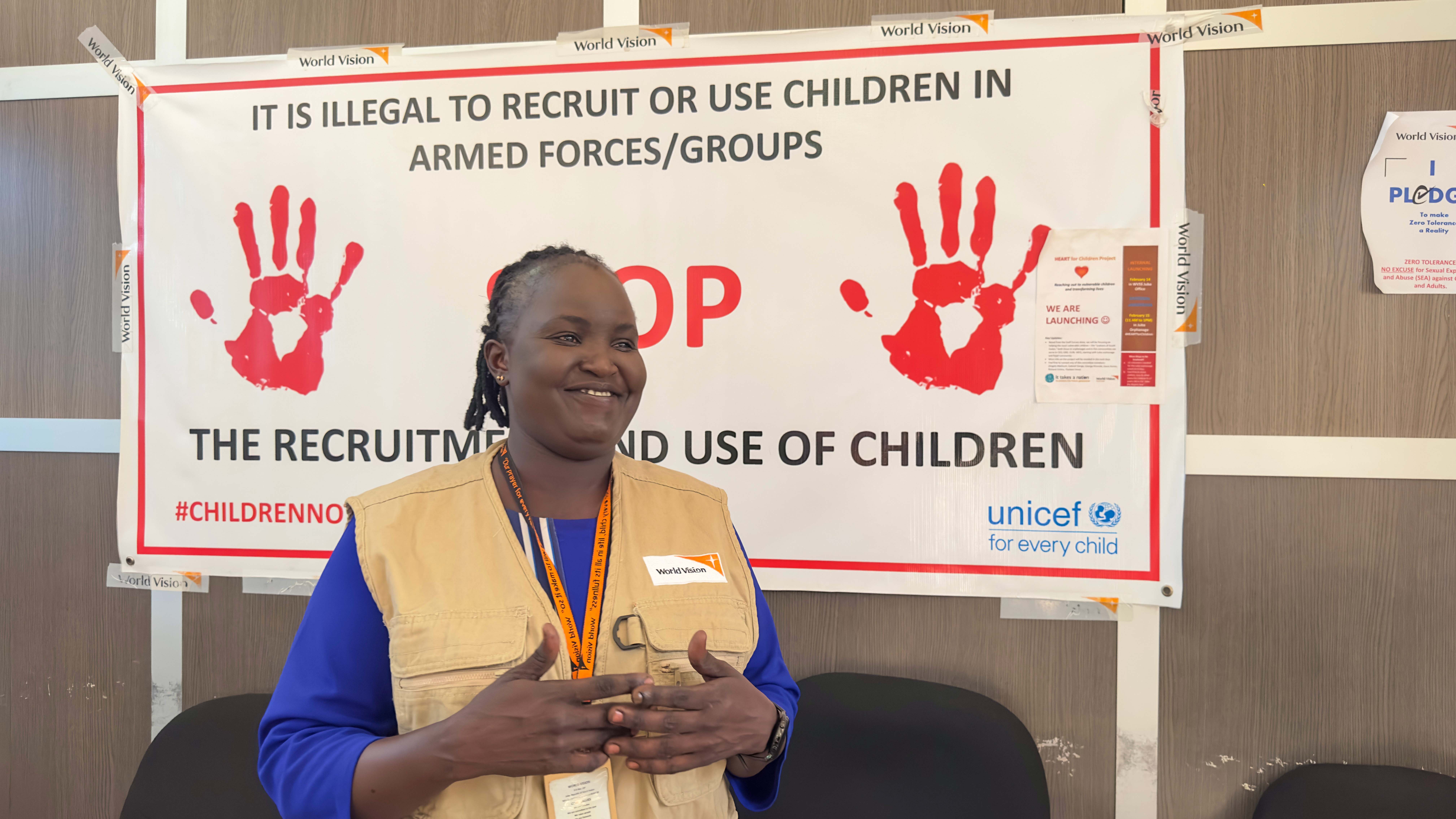
Betty Adong explains the significance of commemorating the Red Hand Day in putting an end to the use of children in conflict.
For these abused children that I met, it was never their choice to experience horror that are beyond their age. They need a sense of belongingness – a family, community, and a stigma-free environment – for them to recover and rebuild their lives. They deserve to be given a chance to choose a better future for themselves.
The childhood we envision for our own sons and daughters is often a distant dream for children growing up in war zones. However, it does not need to be so. On this International Day Against the Use of Child Soldiers, all governments, international and local non-government organizations, and civil society should renew their commitment to do everything in our power to protect children affected by armed conflicts and to help them recover. We have come a long way in advocating for children. Let’s not allow our gains go to waste. Instead, let us continue to amplify our voices and our efforts in putting an end to the recruitment and use of children in conflict.
Betty Adong is Protection and Advocacy Manager for World Vision South Sudan.
